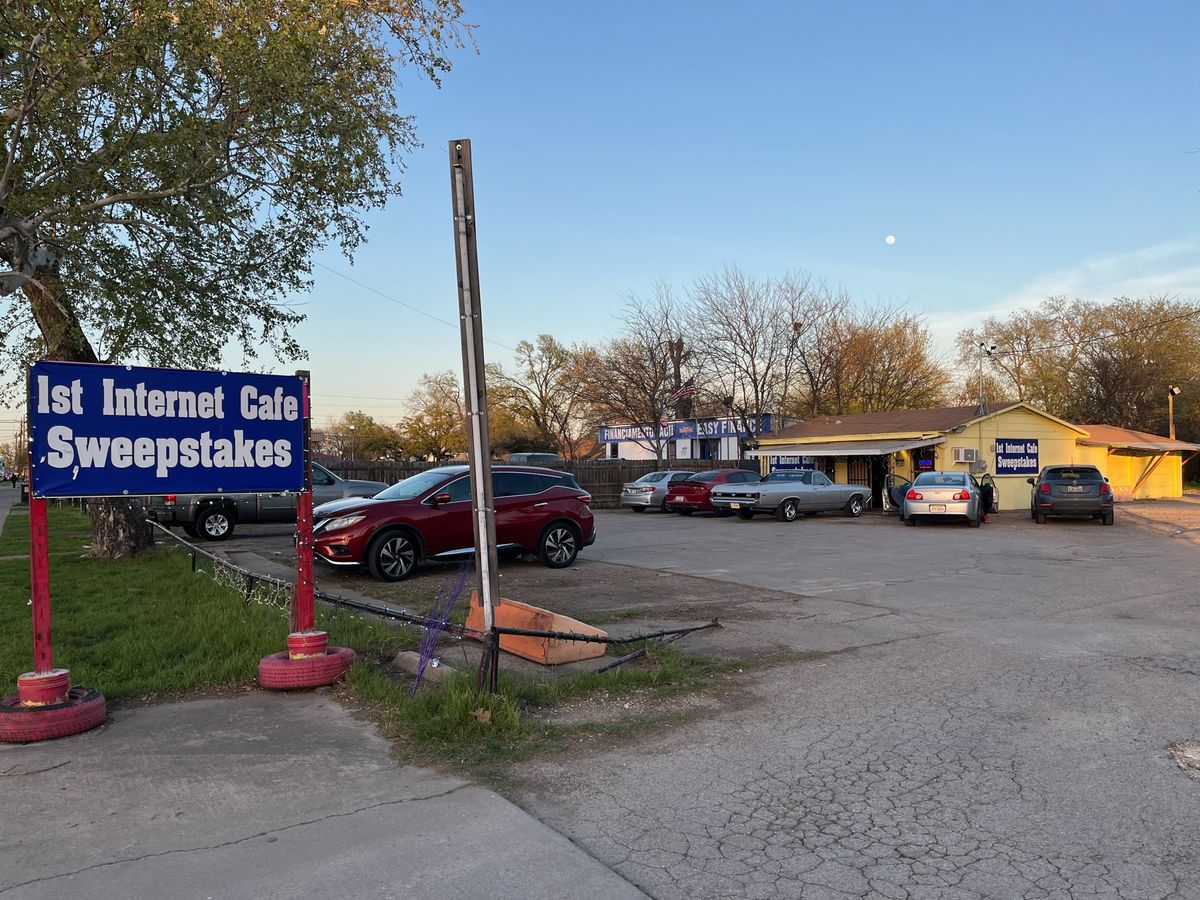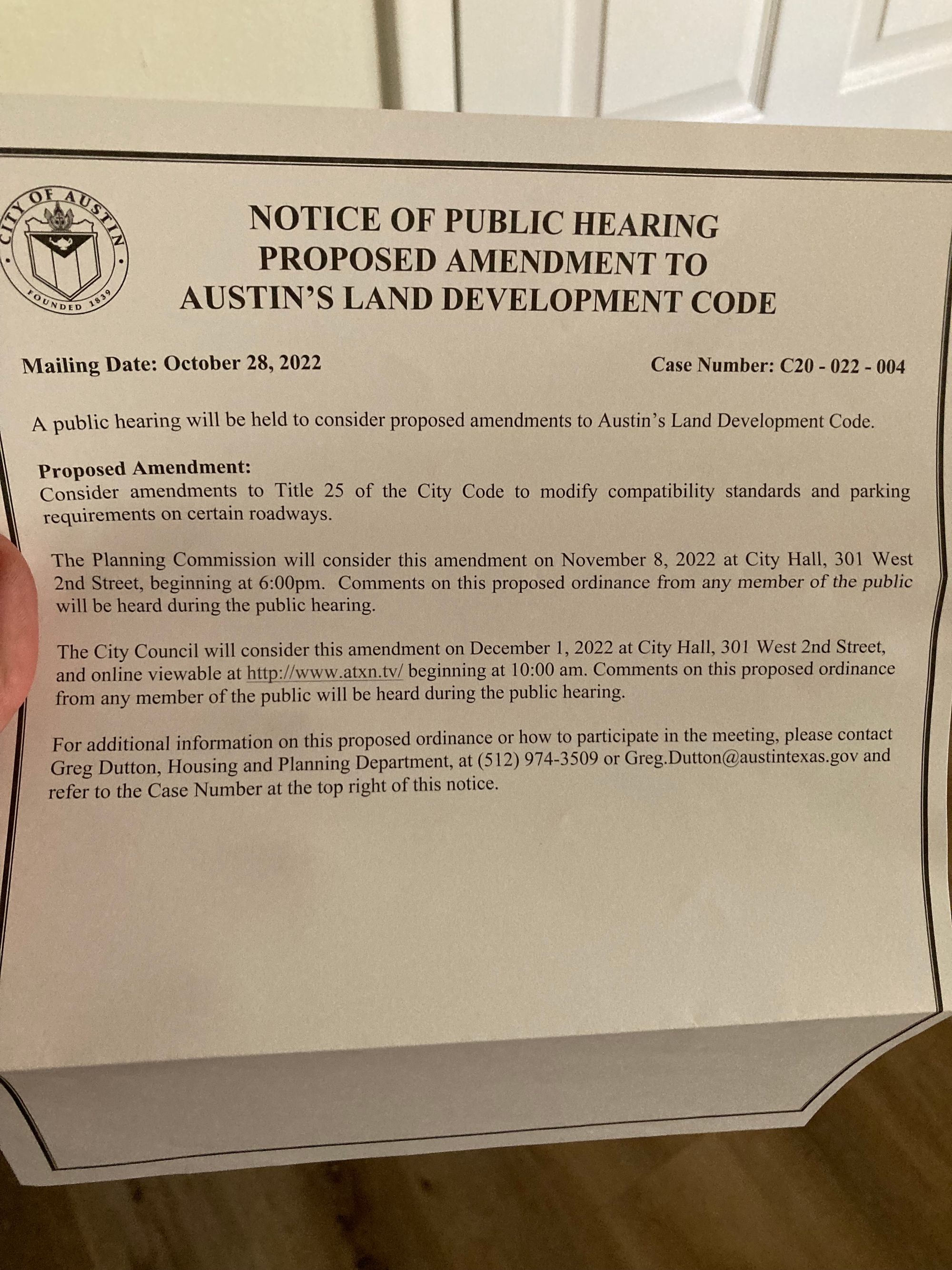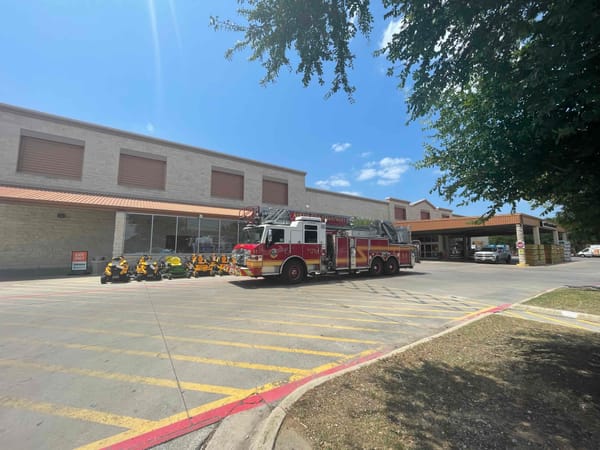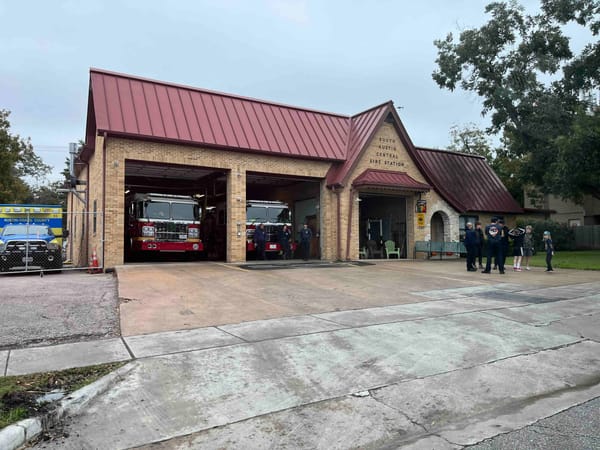The NIMBYs last legal stand
A pathetic act of desperation for a lost cause.

The same cast of characters that halted the city's overhaul of the Land Development Code is now suing to stop a variety of modest pro-housing code reforms approved by City Council last year. The group of plaintiffs, led by Fred Lewis, the head of Community Not Commodity, accuses the city of not providing sufficient notification to property owners about the following three changes:
- The creation of the VMU2 density bonus, which offers developers up to 30 additional feet of height in exchange for more income-restricted units
- A code change that will allow residential development on any corridor properties that have commercial zoning.
- The relaxation of Austin's super-strict compatibility standards on certain corridors. (Compatibility caps the height of buildings based on their proximity to single-family homes)
- Affordability Unlocked, the successful program implemented in 2019 that exempts developments from a variety of regulations, including compatibility & parking requirements, if at least 50% of their units are priced affordably and reserved for low-income households.
The suit claims the city provided no notification on #1 and #2 and that on #3 the notification it provided (pictured below) was "grossly inadequate."

The objection to Affordability Unlocked, which was approved unanimously four years ago, is particularly curious. In this case, the plaintiffs object to the fact that the city established a program that allows developers to qualify for various entitlements without going through a zoning change.
It's important to understand that the goal of this lawsuit is not simply to have a court determine that the city didn't provide notice before approving the above code changes. The votes exist on Council not only to re-approve all of these programs, but to approve them by the 9-2 super-majority necessary to overcome a valid petition.
What the plaintiffs want is for a court to cripple the city's ability to create any type of effective affordable housing density bonus program. They want a court to rule that developers must go through a costly and time-consuming zoning case every time they want to participate in a density bonus.





